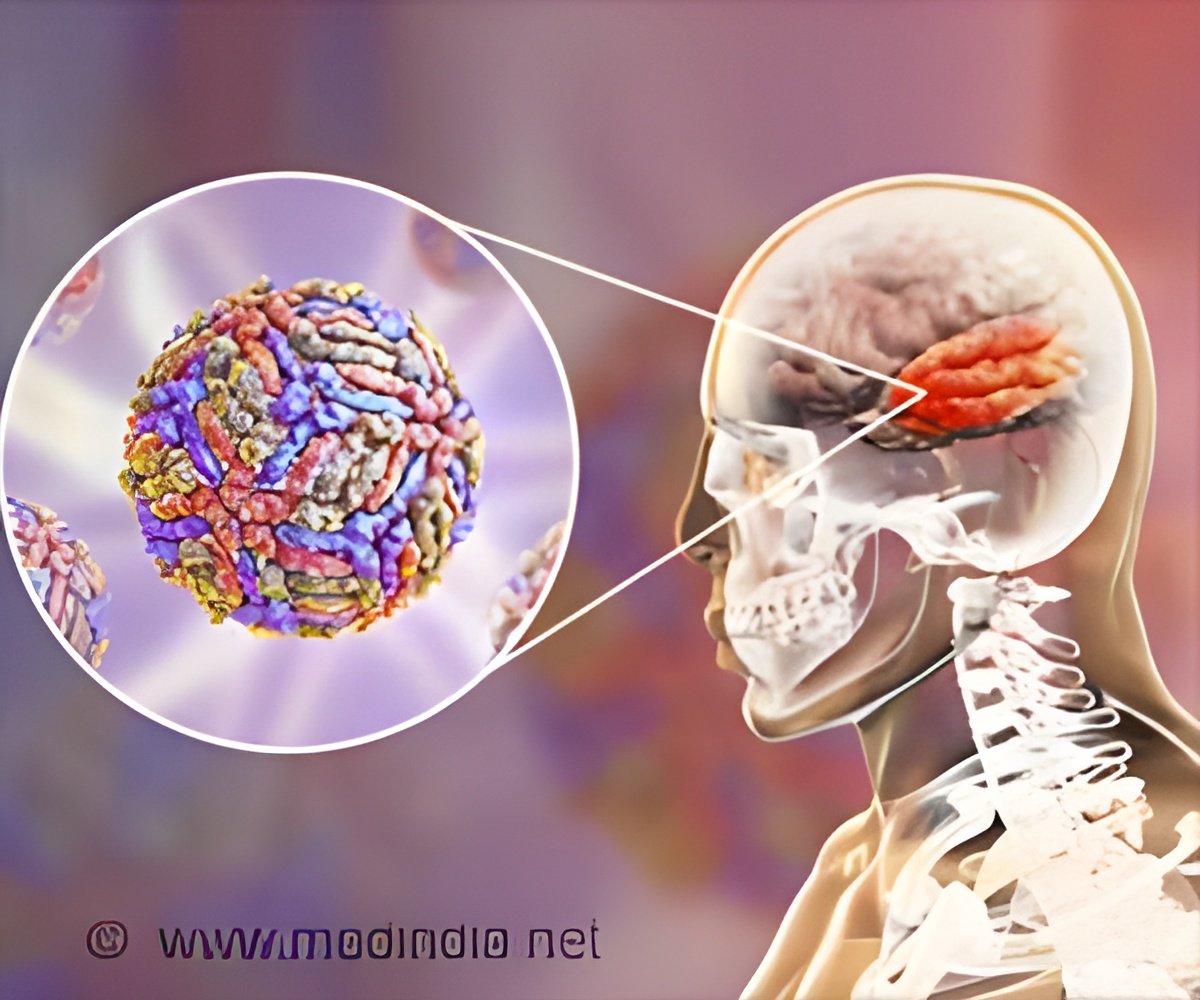
‘Enolase inhibitor named HEX that targets ENO2 over ENO1 could benefit patients with various cancers.’
Read More..Tweet it Now
"Collateral lethality could expand the scope of precision oncology beyond activated oncogenes, and allow targeting of genomic deletions, largely considered un-actionable," said corresponding author Florian Muller, Ph.D., assistant professor of Cancer Systems Imaging and Neuro-Oncology. Read More..
"Our work provides proof of principle that this approach can actually work with a drug in animal models."
Enolase encoding genes ENO1 and ENO2, encode slightly different. Targeting only ENO2 is attractive as it allows for the selective treatment of cancer cells missing ENO1.
The research team worked to generate an enolase inhibitor, called HEX, that targets ENO2 over ENO1. Prodrug POMHEX was developed, which is biologically inactive until it is metabolized into HEX within cells.
Treatment with POMHEX blocked glycolysis, inhibited cell growth and stimulated cell death. Conversely, treatment of cells with normal ENO1 showed minimal effects. Further, in animal models of ENO1-deficient tumors, both HEX and POMHEX treatment was well- tolerated and effectively blocked tumor growth relative to controls, with some instances of complete tumor eradication.
Advertisement
"We were encouraged by the promising preclinical activity of these novel enolase inhibitors and that the safety profile extends to higher models. While there could be further refinements, I am optimistic that even HEX would show significant clinical activity against ENO1-deleted cancers," Muller said.
Advertisement
Source-Medindia












